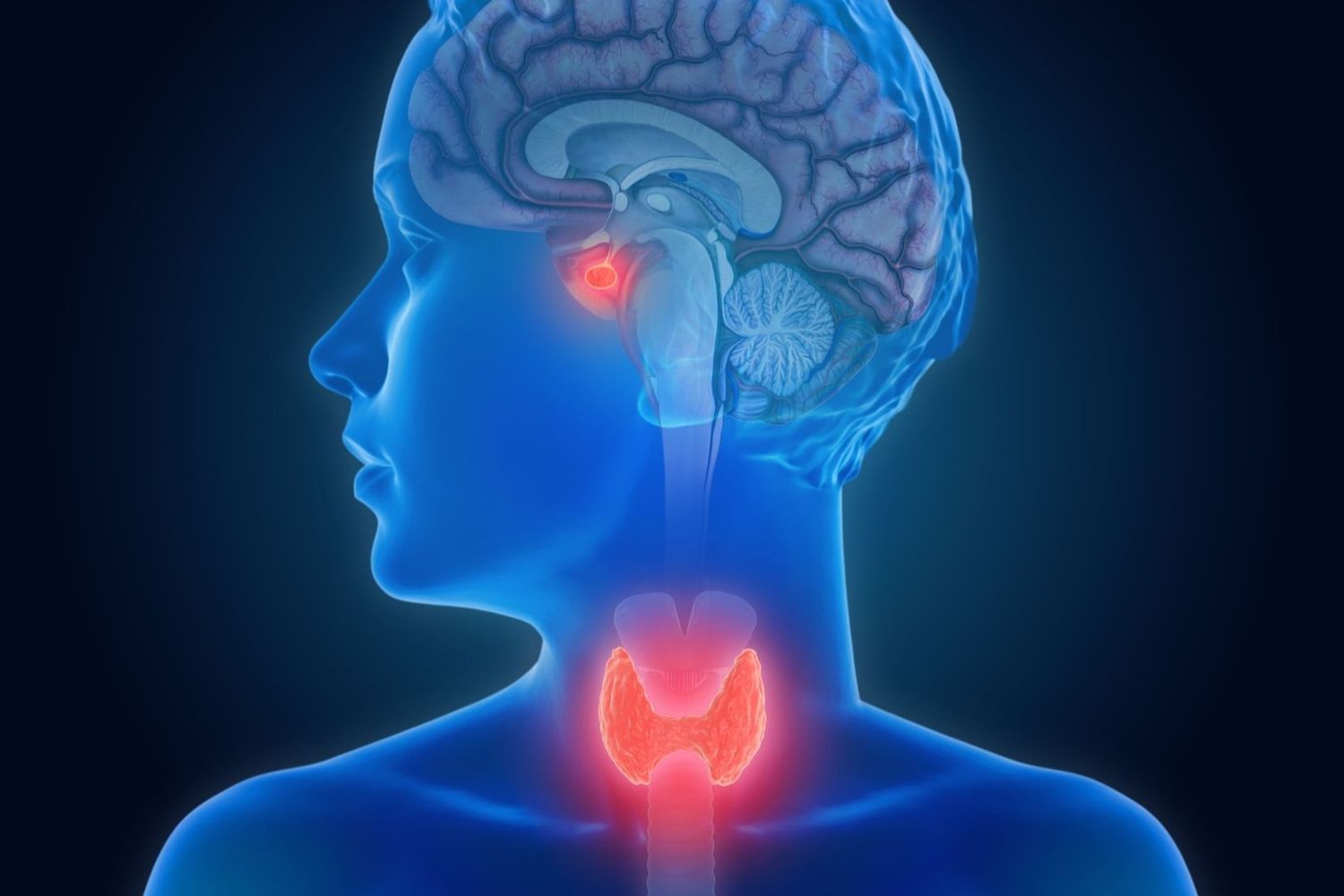
Thyroid-Stimulating Hormone (TSH) plays a crucial role in regulating your body's metabolism. Produced by the pituitary gland, TSH prompts the thyroid to release hormones that control energy use. Why is TSH important? It helps maintain the balance of hormones necessary for growth, development, and overall health. Abnormal TSH levels can indicate thyroid disorders like hypothyroidism or hyperthyroidism. Understanding TSH can help you recognize symptoms and seek appropriate treatment. This article will cover 30 essential facts about TSH, from its functions to its impact on your health. Get ready to learn everything you need to know about this vital hormone!
Key Takeaways:
- TSH is a hormone that tells the thyroid gland to work. High TSH means the thyroid is slow, and low TSH means it's too fast. It affects energy, growth, and mood.
- TSH levels can change because of things like stress, diet, and even the time of year. Doctors use TSH tests to check thyroid health and decide on the best treatment.
What is Thyroid-Stimulating Hormone (TSH)?
Thyroid-Stimulating Hormone, or TSH, plays a crucial role in regulating the thyroid gland. This hormone is produced by the pituitary gland and stimulates the thyroid to produce hormones that control metabolism, energy levels, and overall growth.
- TSH is produced in the pituitary gland, located at the base of the brain.
- It stimulates the thyroid gland to produce two main hormones: thyroxine (T4) and triiodothyronine (T3).
- TSH levels are measured through a blood test to assess thyroid function.
- High TSH levels usually indicate an underactive thyroid (hypothyroidism).
- Low TSH levels often suggest an overactive thyroid (hyperthyroidism).
How TSH Affects the Body
TSH impacts various bodily functions by regulating the production of thyroid hormones. These hormones influence metabolism, growth, and energy levels.
- TSH helps regulate the body's metabolism by controlling the rate at which cells use energy.
- It influences heart rate and body temperature.
- TSH levels can affect mood and cognitive function.
- It plays a role in muscle strength and weight management.
- TSH is crucial for normal growth and development in children.
Factors Influencing TSH Levels
Several factors can affect TSH levels, including diet, lifestyle, and medical conditions. Understanding these can help manage thyroid health better.
- Iodine intake directly impacts TSH levels since iodine is essential for thyroid hormone production.
- Stress can alter TSH levels by affecting the hypothalamus-pituitary-thyroid axis.
- Certain medications, like lithium and amiodarone, can influence TSH levels.
- Pregnancy often causes fluctuations in TSH levels due to hormonal changes.
- Autoimmune diseases, such as Hashimoto's thyroiditis, can lead to abnormal TSH levels.
Diagnosing Thyroid Disorders with TSH
TSH tests are a primary tool for diagnosing thyroid disorders. These tests help determine whether the thyroid is functioning properly.
- A TSH test is often the first step in diagnosing thyroid disorders.
- Doctors may order additional tests, like T4 and T3, to get a complete picture of thyroid health.
- TSH tests can help monitor the effectiveness of thyroid disorder treatments.
- Abnormal TSH levels can indicate the need for further medical evaluation.
- Regular TSH testing is crucial for people with a history of thyroid disorders.
Treatment Options for Abnormal TSH Levels
Managing abnormal TSH levels often involves medication, lifestyle changes, and sometimes surgery. Treatment aims to restore normal thyroid function.
- Hypothyroidism is typically treated with synthetic thyroid hormone replacement therapy.
- Hyperthyroidism may be managed with anti-thyroid medications, radioactive iodine, or surgery.
- Lifestyle changes, like a balanced diet and regular exercise, can help manage TSH levels.
- Regular monitoring and adjusting medication dosages are essential for effective treatment.
- In some cases, natural remedies and supplements may support thyroid health, but always consult a doctor first.
Interesting Facts About TSH
Beyond its medical significance, TSH has some fascinating aspects that highlight its importance in overall health.
- TSH levels follow a circadian rhythm, peaking at night and reaching their lowest point in the afternoon.
- The reference range for normal TSH levels can vary slightly depending on the laboratory.
- TSH levels can be influenced by seasonal changes, often higher in winter and lower in summer.
- Some people have a genetic predisposition to thyroid disorders, affecting their TSH levels.
- Research is ongoing to understand the full impact of TSH on various health conditions, including cardiovascular diseases and mental health disorders.
Final Thoughts on TSH
Understanding Thyroid-Stimulating Hormone (TSH) is crucial for maintaining good health. This hormone, produced by the pituitary gland, plays a vital role in regulating your thyroid function. Abnormal TSH levels can indicate various health issues, from hypothyroidism to hyperthyroidism. Regular check-ups help monitor these levels, ensuring your thyroid stays in balance.
Lifestyle choices like a balanced diet, regular exercise, and stress management can positively impact TSH levels. If you experience symptoms like fatigue, weight changes, or mood swings, consult a healthcare provider. They can perform a simple blood test to check your TSH levels and recommend appropriate treatment if needed.
Staying informed about TSH and its functions empowers you to take control of your health. Keep these facts in mind, and don't hesitate to seek medical advice when necessary. Your thyroid health is essential for overall well-being.
Frequently Asked Questions
Was this page helpful?
Our commitment to delivering trustworthy and engaging content is at the heart of what we do. Each fact on our site is contributed by real users like you, bringing a wealth of diverse insights and information. To ensure the highest standards of accuracy and reliability, our dedicated editors meticulously review each submission. This process guarantees that the facts we share are not only fascinating but also credible. Trust in our commitment to quality and authenticity as you explore and learn with us.
